The US exempts taxes on many types of agricultural products and foods.
On November 14, US President Donald Trump signed an executive order exempting reciprocal tariffs on a series of foods such as coffee, tea, tropical fruits, fruit juices, cocoa beans, spices, bananas, oranges, tomatoes, beef and some types of fertilizers.
The above decree adjusts the scope of reciprocal tariffs that Mr. Trump announced on April 2, excluding many agricultural products that cannot be produced in the US. On September 5, the US President signed a similar adjustment decree, exempting reciprocal tariffs for 45 groups of goods such as gold, nickel, chemicals...
These products “cannot be grown, harvested, or produced naturally in the United States,” or are not produced in sufficient quantities to meet domestic demand.
The latest exemption, which took effect on November 13, marks a turning point in President Trump’s policy. The US president has long insisted that sharply increasing import tariffs will not fuel inflation.

US President Donald Trump (Photo: Getty).
The announcement comes a day after the US reached a framework trade deal with Argentina, Ecuador, Guatemala and El Salvador. The Trump administration also reached a deal with Switzerland on November 14. US officials expect to reach more deals this year that will pave the way for tariff reductions on a range of other products.
In recent weeks, President Trump has made a lot of mention of the cost of living, claiming that rising prices are due to his predecessor’s policies, not tariffs.
Economists say the cost increases are partly due to import tariffs. The cost of living could continue to rise next year as businesses begin to pass the burden on to consumers.
Vietnamese agricultural products benefit
According to the Vietnam Pepper and Spice Association, this decision is a good sign, spice products imported into the US can reduce tax barriers if they are exempted.
For Vietnam, a major exporter of pepper and spices, this is a favorable opportunity to regain market share in the US market if businesses meet import, quality and certification standards.
However, the Association notes that reciprocal tax exemption does not mean exemption from all import duties. Businesses still need to comply with normal US import duties, customs procedures, food safety standards, certifications, etc.
In addition, not all agricultural products are exempt from tariffs. Although spices are listed, Vietnamese enterprises should still check details with US importers and update risks such as sanitary and phytosanitary standards (SPS), residue testing, and traceability.
Source: https://dantri.com.vn/kinh-doanh/my-mien-thue-nhieu-nong-san-ca-phe-ho-tieu-viet-nam-huong-loi-20251115142404609.htm




![[Photo] Prime Minister Pham Minh Chinh meets with representatives of outstanding teachers](https://vphoto.vietnam.vn/thumb/1200x675/vietnam/resource/IMAGE/2025/11/15/1763215934276_dsc-0578-jpg.webp)
![[Photo] General Secretary To Lam receives Vice President of Luxshare-ICT Group (China)](https://vphoto.vietnam.vn/thumb/1200x675/vietnam/resource/IMAGE/2025/11/15/1763211137119_a1-bnd-7809-8939-jpg.webp)

![[Photo] Panorama of the 2025 Community Action Awards Final Round](https://vphoto.vietnam.vn/thumb/1200x675/vietnam/resource/IMAGE/2025/11/15/1763206932975_chi-7868-jpg.webp)


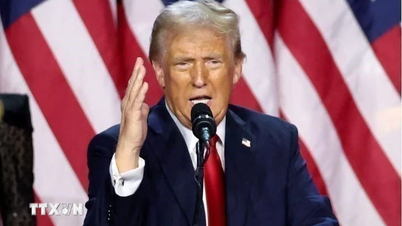

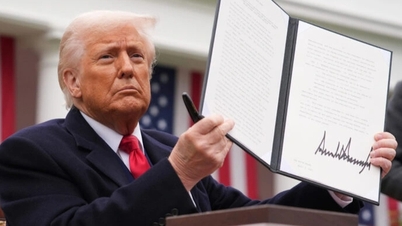


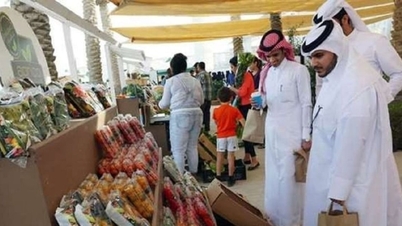

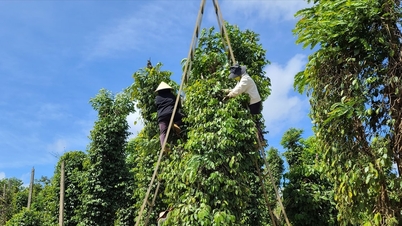



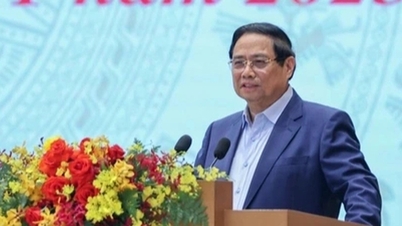
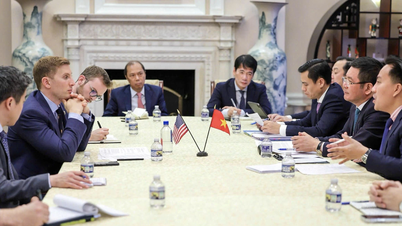

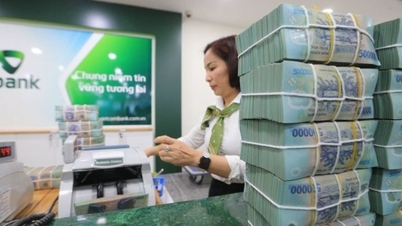

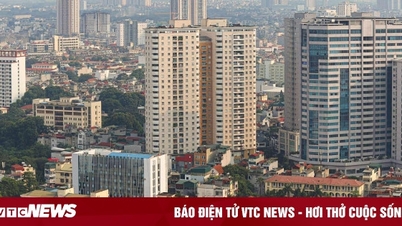







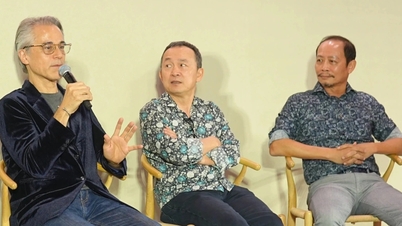

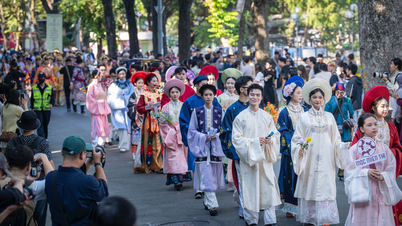



































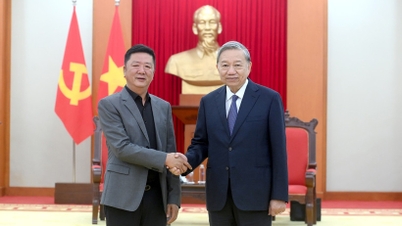

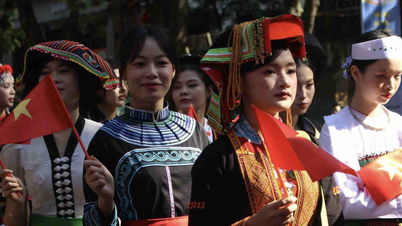

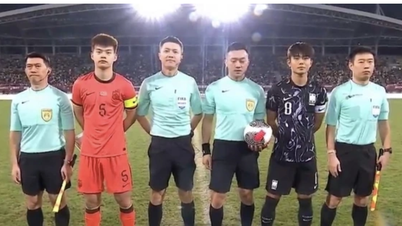


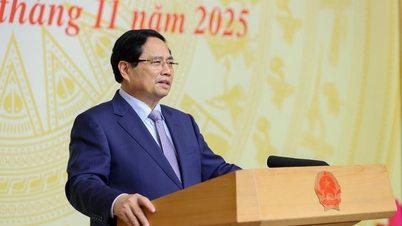
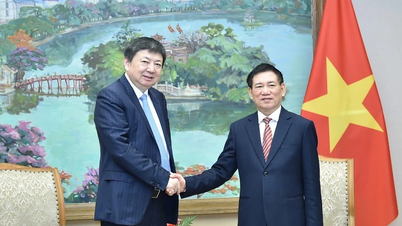





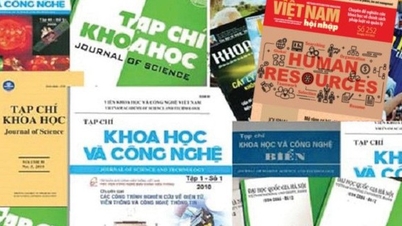
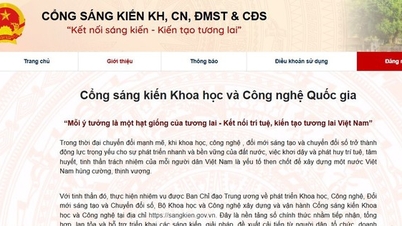
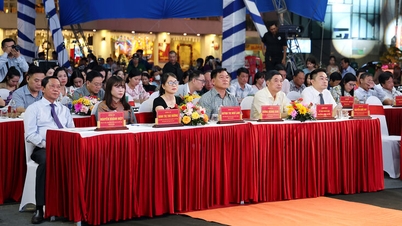



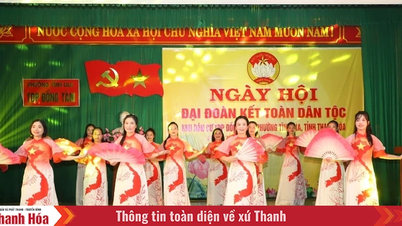



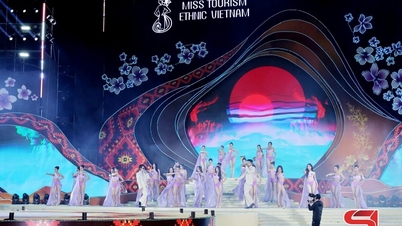












Comment (0)